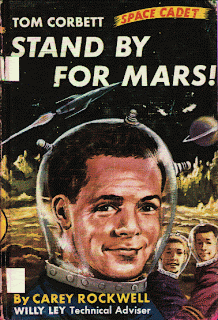I first approached the book in the wrong way; I wanted it to give me the sense of wonder that the cover evoked. Exploration, the unknown, technology - the future.
What I got was a mixed bag of Steam Punk, Post-Apocalyptic, Alternative Reality, Slip Stream along with some more traditional Science Fiction.
The book is more a reflection of what was being published in 2010 not a collection of straight ahead SF which caused my disappointment with the book as a whole.
Out of the 21 stories I liked about 16 of them, 76%, not bad really, but from that group only three of them could be said to be set off-world. That's only 14% of the total stories.
What happened? Where has science fiction gone? Well, like just about any kind of entertainment SF is a reflection of the times they were written in. Back in the 40's, 50's and 60's it was all about the space race. But ever since Gene Cernan left the moon in 1972 humanity has never left low earth orbit. A generation of thinkers, scientists, engineers and writers have no experience with space flight and exploration.
These days SF is slipping into the past with Steam Punk or delving into the world of computers, virtual reality, augmented reality and consciousness uploading. The last story in the book has a line that perfectly describes SF today:
"For a long time, for many people and certainly for me, the past had taken the future's place, as any hope or sense of forward progress had dried up and disappeared. But now, as I aged, more and more of the past had taken over the present also, because the past was all we had. "
From Ghosts Doing the Orange Dance by Paul Park
Like Park suggests I many have to mine the past to enjoy fiction of the future. It's to the musty back issues of SF magazines and collections of reprint classic SF fiction for me.
Sigh.














































